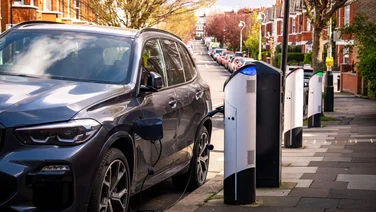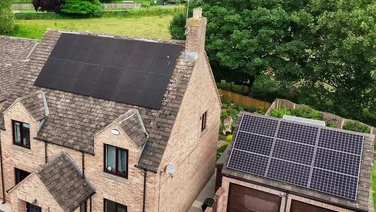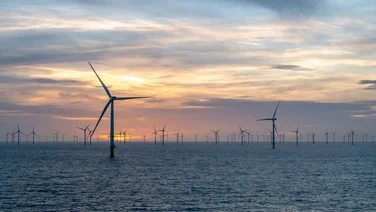We receive a small fee from trusted installers when you request a quote through our site. This helps us keep our content independent, well-researched and up to date – Learn more
- Government plans to strengthen the Energy Ombudsman will help customers resolve disputes with their suppliers
- Changes include halving the waiting period from eight to four weeks before consumers’ complaints against their suppliers can be escalated
- Ofgem will be appointed to regulate this market

Families and small businesses will soon be better protected when things go wrong in the energy market thanks to new consumer rights set out by the Department for Energy Security and Net Zero.
These include giving the Energy Ombudsman more power to help customers in disputes with energy suppliers.
The changes include:
- Halving the waiting period from eight to four weeks before consumers’ complaints against their suppliers can be escalated to the Ombudsman
- Giving customers quicker access to redness when their supplier lets them down
- Forcing suppliers to pay compensation if the Ombudsman’s rulings aren’t implemented quickly enough
Energy secretary, Ed Miliband, said that with almost 10% of consumer decisions handed down by the Ombudsman either implemented late or not enforced at all, the government has called time on the lengthy process leading to compensation.
“The time the Ombudsman considers complaints would also be cut from an average of six to four weeks, helping consumers receive redress more quickly and easily when their supplier lets them down,” Miliband explained.
New measures will also stamp out exploitation when dealing with energy brokers and price comparison sites, collectively known as third-party intermediaries.
Until now rogue brokers have been able to use “predatory sales tactics” to take advantage of customers, selling them overpriced contracts in return for higher commission fees.
Miliband also said that Ofgem will be appointed to regulate this market and “put an end” to such exploitation, ensuring that small businesses, public organisations and families are no longer taken advantage of and can save money on their bills.
New plans will also standardise contracts when businesses and public sector firms are required to install smart meters, providing up to almost £200m in energy savings.
“For too long, parts of the energy market have been letting consumers down and not paying up when mistakes are made,” Miliband said.
“Our reforms will put this right, making it faster and easier for families and small businesses alike to benefit from money back when things go wrong.”
The reforms outlined in the consultations build on measures announced earlier this year, setting out plans to expand automatic compensation to areas, such as excessively long call waiting times, unexpectedly high bills when suppliers fail to adjust direct debits, or suppliers not responding to complaints.
Once implemented, the new rules, monitored and enforced by Ofgem, will allow consumers to trust that brokers are acting in their best interests and improve access to redress and compensation if issues do occur.
This is alongside tough new obligations, proposed by government and Ofgem in August, on energy suppliers to improve every stage of the smart meter process, including requirements to cut waiting times for installation appointments and fix meters that have stopped working in smart mode within 90 days – or provide consumers with automatic compensation.
Beth Martin, director for consumer protection and competition, Ofgem, said:
“Energy brokers can help customers save money, but when any household or business is taken advantage of by a rogue energy broker, the reality is significant stress and financial strain that can have a real impact on their lives or the future of their company.”









